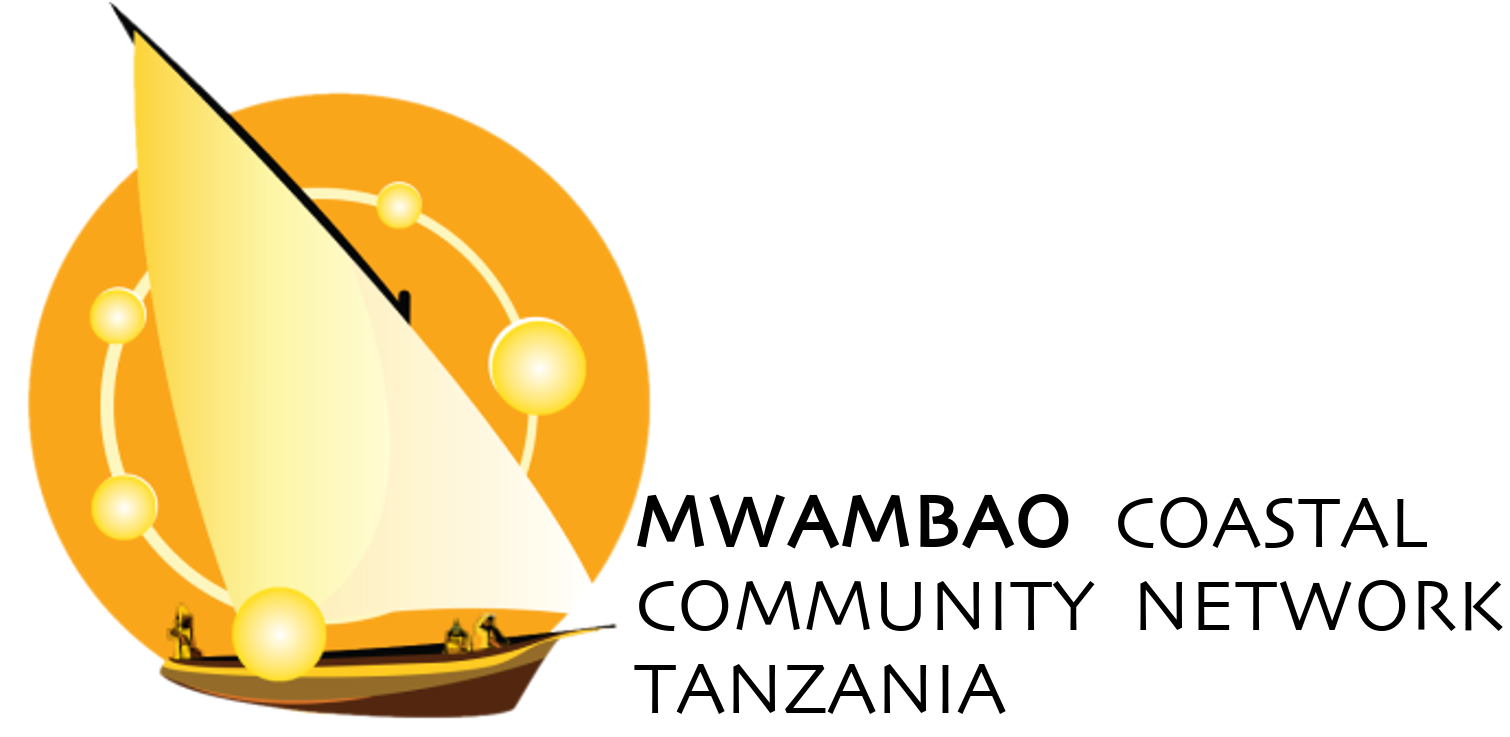OUR APPROACHES
ECOLOGICAL MONITORING
OUR MONITORING INFORMS
EVIDENCE-BASED ADAPTIVE MANAGEMENT,
DECISION MAKING & KNOWLEDGE SHARING
our monitoring
Mwambao collects ecological information from each community implementing management activities to ensure we are able to measure the impact we are having on ecosystem health and resilience.
We ensure community-led management activities are contributing to improving and maintaining healthy marine ecosystems through robust and reliable data, which in turn informs management decisions and advice, and increases knowledge and support within the community.

OUR DATA TEAMS
Community members are involved in the collection, entry, analysis and interpretation of all our ecological monitoring data. Encouraging ownership, fostering learning and knowledge sharing, and enabling adaptive management decisions to be made.
We build community capacity to carry out their own ecological monitoring to be able to assess the impact of their management endeavours. We train teams of community catch monitors as well as in-water biodiversity monitoring team. Where there are closures, community members have been trained in data collection and analysis of octopus catch, providing crucial feedback on the impacts of octopus closures.
ECOLOGICAL MONITORING WE CONDUCT

Octopus catch monitoring
Octopus catch is collected before, during and after temporary and/or long-term closures for octopus fisheries are implemented within a community. Biological octopus information, and fisher and buyer information is collected in each community.

Fish catch monitoring
Fish catch is collected before, during and after temporary and/or long-term closures for reef fish are implemented within a community. Biological information, and fisher and buyer information is collected in each community

Coral reef biodiversity monitoring
Coral reef surveys are all conducted by snorkelling. Four survey methodologies are used to measure ecosystem health, including fish counts, benthic cover, macro-invertebrates and sea urchins. The methodologies used are informed by the CORDIO "Coral Reef Monitoring in Eastern Africa: A guide for communities"

Participatory analysis
Data teams and those leading the community-based management activities are involved in analysis and interpretation of the data. Knowledge and learning from interpretation of the data is shared with the community, other communities and the Department of Fisheries Development.

our impact
Figures updated: January 2021
OUR APPROACHES
There are eight core approaches underpinning our work. Click on one below to read more.








